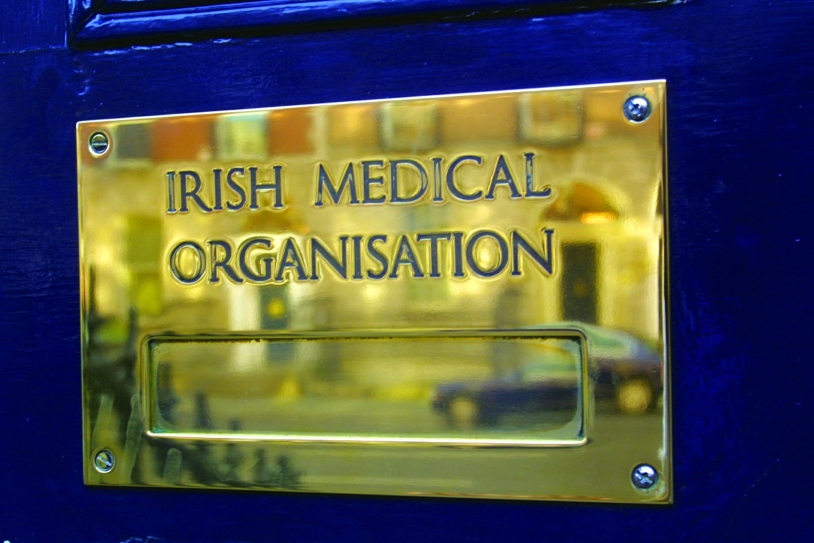The Irish Family Planning Association (IFPA) will call for a major overhaul of the 2018 abortion legislation at its appearance before the Oireachtas Joint Committee on Health tomorrow (Wednesday, 27 April).
The IFPA will address the Committee, at its invitation, for “a high-level engagement to discuss issues that may be relevant to the Review of the operation of the Health (Regulation of Termination of Pregnancy) Act 2018”.
The IFPA will tell the Committee that, while the availability of abortion care has been transformative for reproductive rights in Ireland, the 2018 Act is deeply flawed. The criminal provisions in the Act are not compliant with international human rights standards. In the IFPA’s view, the mandatory waiting period, the gestation limit at 12 weeks of pregnancy and the restrictive criteria for access exclude too many in a crisis pregnancy situation.
After 12 weeks, availability of abortion is limited to two grounds: risk to the life or of “serious harm” to the pregnant woman’s health; and fatal foetal anomaly. In the IFPA’s view, this is far too restrictive.
Three representatives of the IFPA will attend the Committee: Medical Director, Dr Caitríona Henchion; Director of Advocacy and Communications, Ms Maeve Taylor; and Senior Policy and Research Officer, Ms Alison Spillane.
In an opening statement on behalf of the IFPA, Ms Taylor will say: “Most women and girls living in Ireland avail of abortion care well before 12 weeks of pregnancy. But crisis in pregnancy cannot be neatly confined to the first trimester.
“The IFPA’s experience is that the burdens of exclusion created by this limit fall disproportionately on the young, vulnerable, marginalised and disadvantaged.”
The National Women’s Council will also address the meeting.













Leave a Reply
You must be logged in to post a comment.